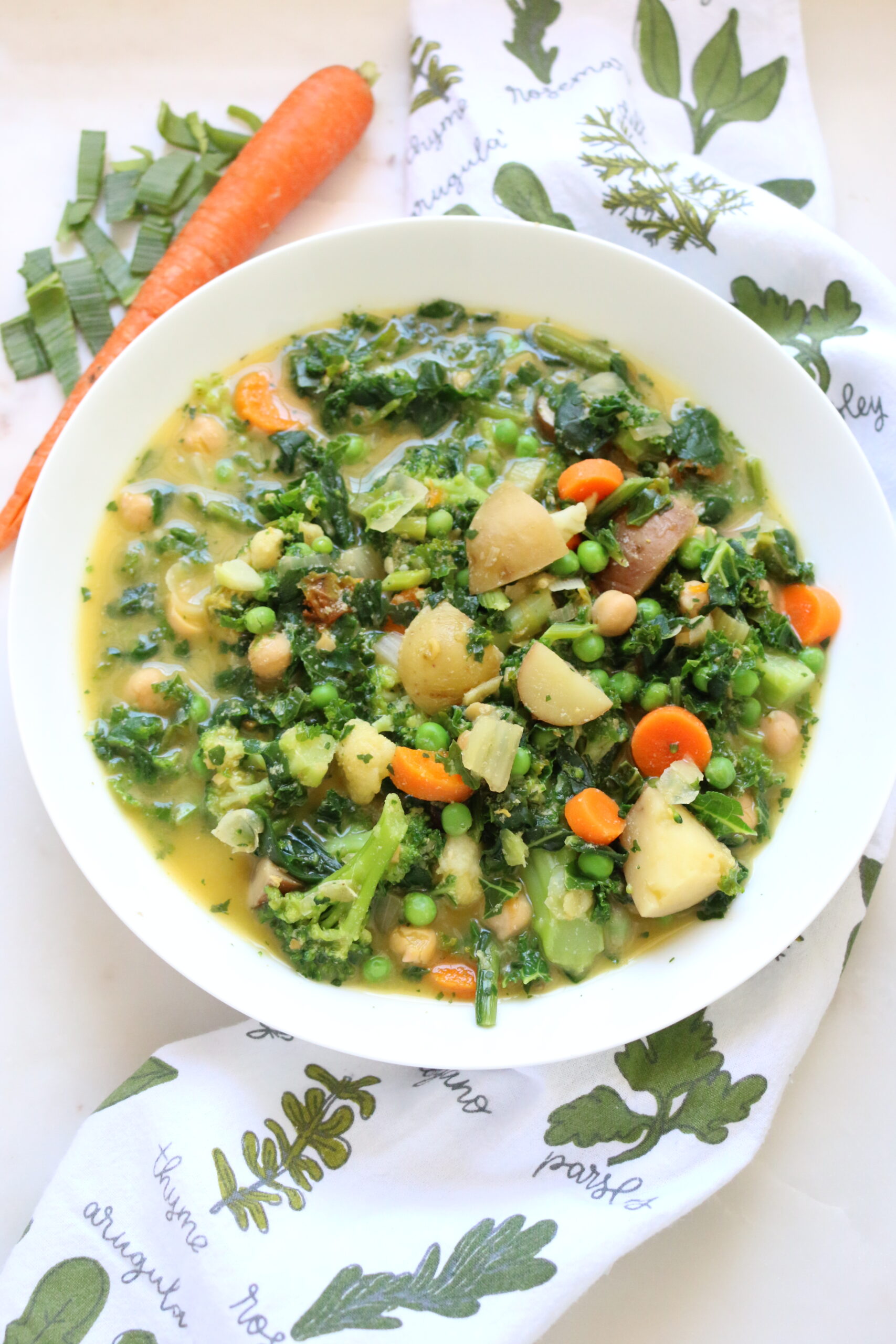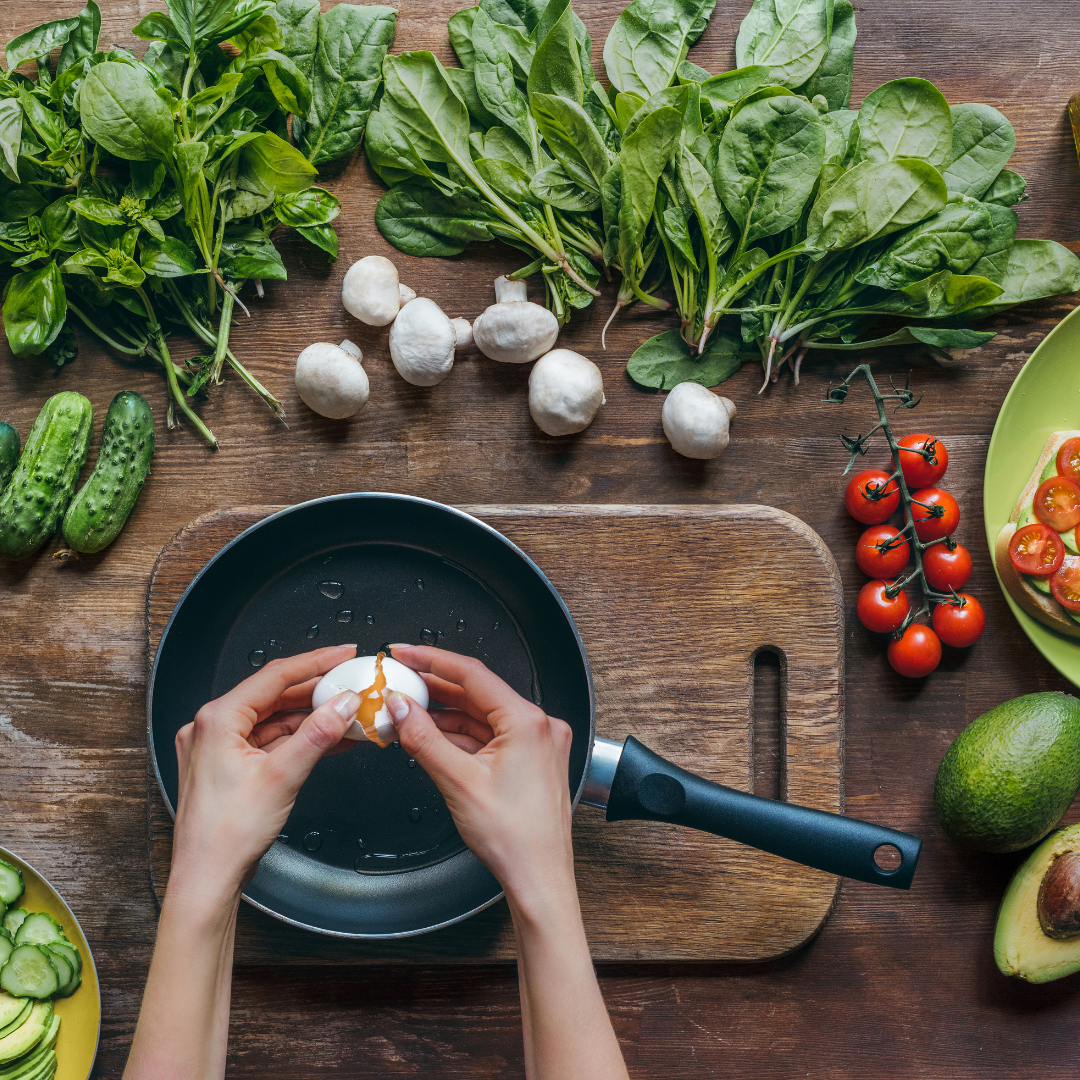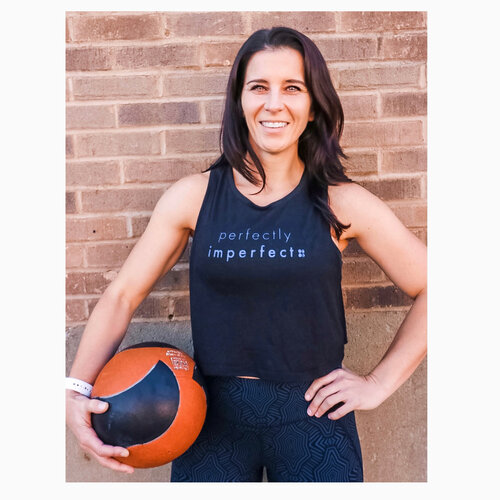James and Dahlia Marin are a married couple dedicated to improving the lives of patients’ through integrative nutrition therapy. They are both registered dietitians and founders of Married to Health, the first 100% plant-based SIBO/IBS nutrition program. In their practice, they regularly counsel patients on diet and nutrition using a holistic and eco-friendly approach. We had the pleasure to chat with them about why they started Married to Health, the importance of a healthy gut microbiome, and how to transition to a plant-based diet. Let their words empower you to transform your body and prevent disease with whole foods, plant-based fare.

Healthified Magazine: What inspired you both to become registered dietitians?
James and Dahlia Marin: We were both inspired by our own health struggles and the traumas we faced because of them. As we used nutrition to reverse diseases like polycystic ovary syndrome, diabetes, asthma, and obesity, we realized the power food had. We then fell in love with sharing this knowledge and watching others ‘Heal with Each Meal’TM.
HM: What drove you to create Married to Health, the first plant-based IBS/SIBO program?
James and Dahlia: Married to Health is our virtual dietetics practice where we help people use food as medicine (aka medical nutrition therapy). In our practice, we see many of our patients struggling with eating fiber rich foods like beans, whole grains, and various vegetables. The misconception is that food causes the gastrointestinal (GI) issues, but in reality it is a person’s debilitated gut microbiome. We developed our SIBO/IBS protocol to help people rebuild their gut microbiome and help them get to a place where they can eat a variety of plant foods once again.
HM: Why is the gut so important for optimal health?
James and Dahlia: Based on the research and time spent practicing outpatient care, we have seen gut health be the nexus of all health in the body. We have yet to see a person suffering from chronic disease that doesn’t also have some form of GI symptoms. This makes sense when you think about it because the tract is the factory line for assimilating the components of the outside world into our body. When this is compromised (aka a “bad gut”) then it is impossible to be at a high level of health.
HM: Tell us how you use an “integrative approach” in your practice. What types of factors do you look at when assessing their diet and nutrition?
James and Dahlia: Although our practice is hyper-focused on food and nutrition ,we take a deeper approach when it comes to our patient’s care by looking at their family life, how they grew up, how they sleep, their stress, their emotional trauma and much more. All of these aspects factor into their current health and wellbeing. We then not only formulate a nutrition goal based on nutrients, we also factor in environmental toxins, sustainability, and environmental nutrition. We have spent years identifying like minded, integrative providers that we can refer our patients to so that they can start building a team of health professionals that can provide well rounded support for complex issues.
HM: Do you believe in the power of food being medicine?
James and Dahlia: We believe this on many levels. Food/nature/our environment is where most pharmaceutical medications come from, therefore food is literally medicine. Disease in the body is your body trying to speak to you and alert you that something is wrong. If you supply your cells with what they need through a good diet and lifestyle, they will flourish.
HM: Why is a plant-powered diet key to strengthen your gut and immune system?
James and Dahlia: Many people assume we are just feeding ourselves when we eat, but in reality we are actually feeding trillions of microbes in our gu and in our body. What do the most beneficial microbes we have in our body like to eat? The answer is a variety of carbohydrates, especially fiber. You will only find fiber in plants (in foods like beans, peas, lentils, nuts, seeds, fruits, and vegetables).
HM: Do you have any advice for someone looking to transition to a plant-based diet?
James and Dahlia: Realize that eating more plant foods can be like exercising to transform the looks of your outer body. Some can do this very quickly and do not get that sore, others may get injured if they push themselves too hard. It is always best to start low and slow, meaning you can add a little bit of plants to your diet over time, just like you would build up exercise the more and more you stay consistent.
HM: What is one of your personal favorite plant-based meals to prepare? James and Dahlia: Soup is a staple in our family. Soup is not only easy to make, but it is one of the most (if not the most) gut friendly types of food you can make because it helps to soften and prepare plant fibers (which make it easier for us to digest). Here is our 100% Plant-Based Zuppa Toscana Soup that we prepare regularly in our household.










